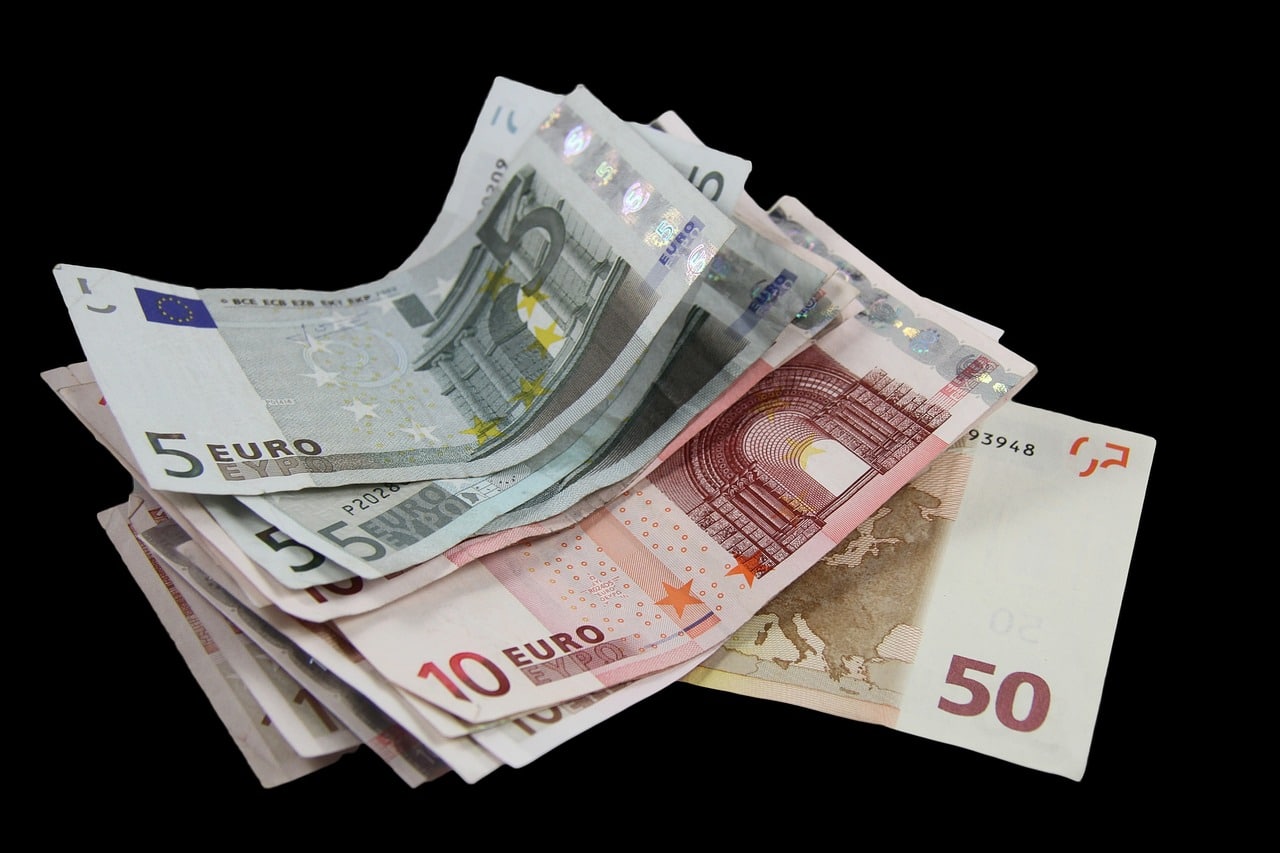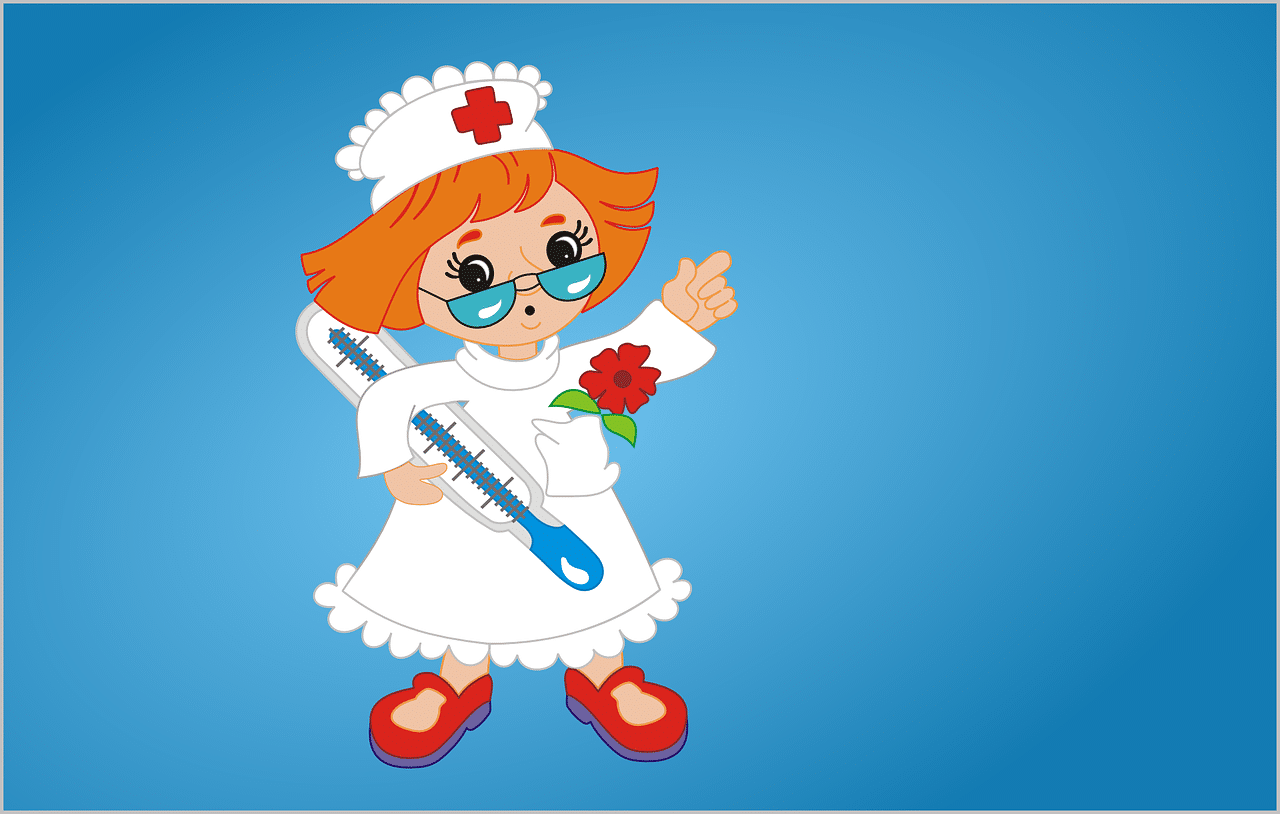
Cash can be referred to as circulating money.
Circulating is that which circulates . The concept derives from the verb circular , which refers to walking or moving around, running or passing from one person to another or coming and going.
In economics and commerce , currency is a value that passes from one person to another through exchange, barter, and commercial operations . Cash is considered circulating money , since it is constantly used to buy products or pay for services. Therefore, banknotes and coins circulate between people throughout the economic cycle. For example: “The government is concerned about the lack of money in circulation and wants to encourage consumption,” “The excess of money in circulation reflects the lack of confidence in the banking system.”
Various uses of the circulating adjective
Current assets , on the other hand, are assets that are liquid (available) at the closing date of a financial year or that are convertible into money within twelve months. Cash, cash, accounts receivable, exchange goods and raw materials can be considered part of a company's current assets.
At certain historical moments, due to the lack of cash, some countries issued circulating stamps that served as a replacement for bills and coins. The United States (between 1861 and 1865) and Russia (1915) are some of the nations that opted for circulating stamps.
A circulating library , finally, is one whose books are loaned to readers under certain conditions.

A circulating nurse performs non-sterile nursing functions inside an operating room.
a nurse
On the other hand, the person in charge of all non-sterile nursing functions within the operating rooms is known as a circulating nurse . Among its main tasks are the following:
- Carry out verification of the operations plan and the type of interventions that will be carried out. When, for various reasons, an anesthesia nurse is not present, the circulating nurse must be in charge of preparing their equipment, so that no essential element is missing during the surgery.
- Check that the operating room has been correctly prepared for the interventions, reviewing the operation of the devices one by one and verifying that no instruments are missing.
- Verify that the operating table is ready and that its movement mechanisms work correctly.
- Organize all the elements that will be used during the operation, leaving both the instruments and the clothing at the disposal of the personnel who will intervene.
- Receive patients, carrying out the relevant verification of their identity and ensuring that they present the documents and studies required to proceed with the interventions. On the other hand, it is also essential that they do not enter the operating room with bracelets, contact lenses, prostheses or rings, among other possible accessories.
- Assist in placing patients on the operating table.
- Provide collaboration to the anesthesiologist to induce anesthesia and, if a specialized nurse is not available, be in charge of preparing monitoring.
- Help other operating room staff get dressed; This includes the surgeons, assistants and the scrub nurse, who in turn must deliver all the elements required for the operation.
- Without entering the sterile field, help your colleagues with everything they need during the interventions .
- During operation, constantly check that the suction systems, lights and electric scalpel (among other components) are working correctly.
- Once the operation is completed, you must be responsible for collecting the waste material and the samples that must be analyzed, which must be labeled and sent to the laboratory .
